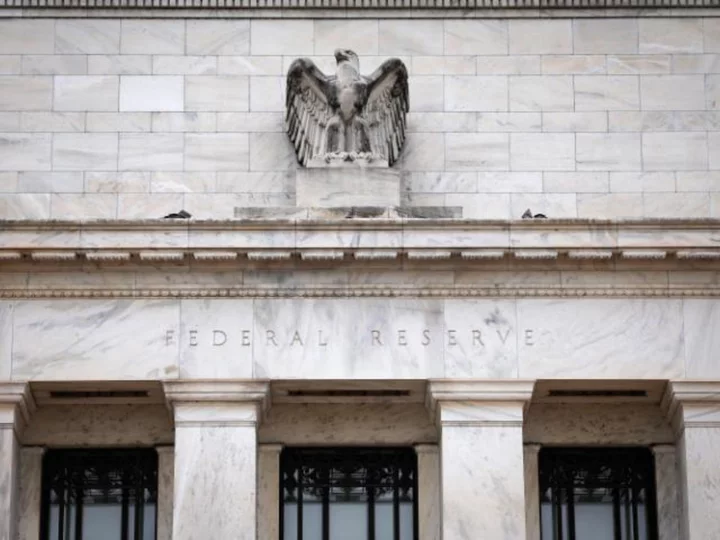Financial stability risk in the European Union remains at a "severe" level and the downturn in the housing market could become even more broad-based, the bloc's financial risk watchdog said on Thursday.
High inflation, a drop in household's disposable income, rapid rate hikes by the European Central Bank and notable bank failures overseas have challenged Europe's financial sector this year, even if lenders remain relatively healthy.
"The European Systemic Risk Board (ESRB) concluded that financial stability risks in the EU remain severe," the ESRB, headed by ECB chief Christine Lagarde, said in a statement.
"The end of the prolonged low interest rate environment has changed the risk landscape worldwide, with the full impact of the sharp rise in interest rates only being felt over time," it added.
The ESRB seemed particularly concerned about the housing market, arguing that the cycle has reached a turning point or maybe even beyond that.
A falling number of transactions and credit market indicators suggest that the correction in residential real estate markets is likely to become more broad-based, it added.
"In the commercial real estate market, investment has continued to decline amid deteriorating business sentiment, a negative profitability outlook, rising financing costs and tightening credit standards," it said.
Still, banks have enjoyed a relatively good year as rate hikes have increased interest margins and asset quality is still good.
But the ECB has already warned that arrears are creeping up and some margin compression is likely.
The ESRB added its own warnings, arguing that the weak economic climate may generate a deterioration in asset quality, increase banks' funding costs and the declining credit demand is likely to curtail lending volumes.
(Reporting by Balazs Koranyi; Editing by Susan Fenton)









